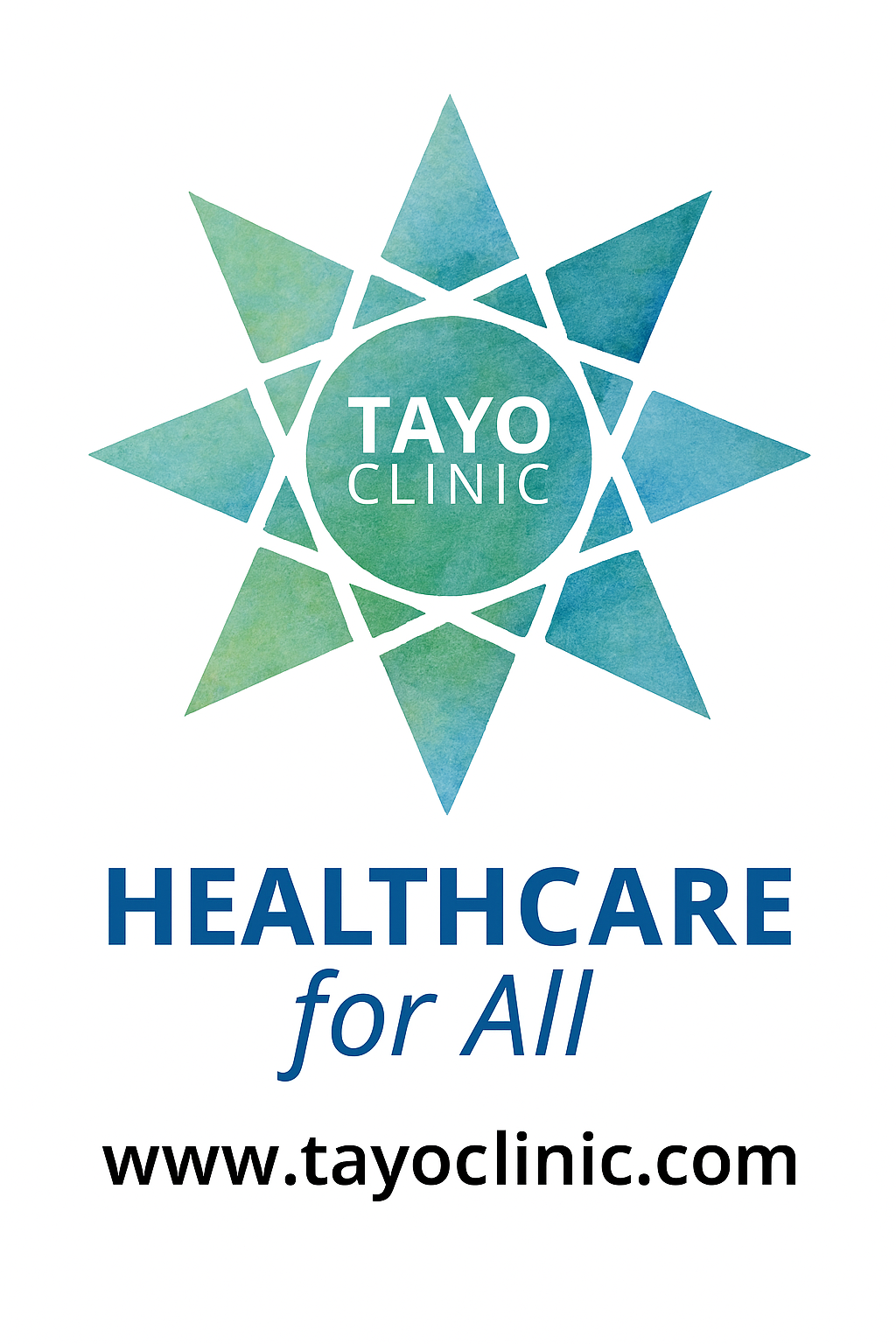Conflict of Interest Policy
(For Board Members, Officers, and Key Staff)
1. Purpose
The purpose of this Conflict of Interest Policy (the “Policy”) is to protect the interests of The Tayo Clinic, Inc. (“the Clinic”), a Wisconsin nonprofit corporation, when it is contemplating entering into a transaction or arrangement that might benefit the private interest of a Covered Person (as defined below). This Policy is intended to ensure that all decisions made on behalf of the Clinic are based solely on the best interests of the Clinic and not influenced by any personal financial or other gain. It also serves to (a) ensure compliance with applicable Wisconsin law, (b) meet IRS 501(c)(3) requirements for conflict-of-interest policies, and (c) maintain the Clinic’s integrity and eligibility for grants and donations.
2. Definitions
Covered Persons: This Policy applies to the following individuals (“Covered Persons”):
- Board Members (Directors)
- Officers (President/Chair, Secretary, Treasurer)
- Key Staff (including the Executive Director, Medical Director, and any staff member or volunteer with significant decision-making authority)
Conflict of Interest: A Conflict of Interest arises when a Covered Person has an actual or perceived personal or financial interest that could compromise, or appear to compromise, their judgment in carrying out their duties for the Clinic. Conflicts may include:
- Financial Interest: Ownership or compensation arrangements with vendors or partners.
- Personal Interest: Family, romantic, or close personal relationships creating a conflict.
- Gifts & Favors: Acceptance from business-related parties (see Section 7).
- Compensation: Direct benefits from the Clinic beyond reimbursements or fair-market pay.
Interested Person: Any Covered Person who has a Conflict of Interest in a particular matter.
3. Disclosure of Conflicts
- Annual Disclosure: Each Covered Person must submit an annual disclosure form.
- Immediate Disclosure: New conflicts must be disclosed promptly.
- Updates in Mid-Year: Changes in circumstances must be disclosed as they occur.
4. Review & Decision-Making Process
- Conflicts are reviewed by the full Board (excluding the Interested Person).
- The Interested Person may present facts but must leave before deliberation and voting.
- The Board must determine if the transaction is fair and in the Clinic’s best interest, considering alternatives if available.
5. Compensation & Fair-Market Transactions
- Covered Persons may be compensated only if terms are fair and approved by disinterested Board members.
- The Board should document comparables to verify fair-market value.
6. Recusal & Abstention
- Interested Persons must recuse themselves and abstain from voting.
- Their absence must be recorded in minutes, including conflict details and the Board’s final decision.
7. Gifts & Entertainment
- Gifts over $100 from business-related parties must be disclosed.
- Nominal gifts under $100 may be accepted, but repeated gifts must be aggregated.
- The Board may request refusal of gifts that pose perceived impropriety.
8. Enforcement & Penalties
- First Violation: Formal written warning.
- Repeat Violation: Removal from Board or staff role for at least one year.
- The Board investigates and issues final decisions (excluding conflicted parties).
9. Documentation
- All conflict-related discussions and outcomes are documented in meeting minutes.
- Signed disclosure forms are retained for 5 years or as required by law.
10. Policy Review & Acknowledgment
- Each Covered Person shall affirm annually that they’ve read and agree to comply with the Policy.
- The Board may amend the Policy to meet legal standards or best practices.

